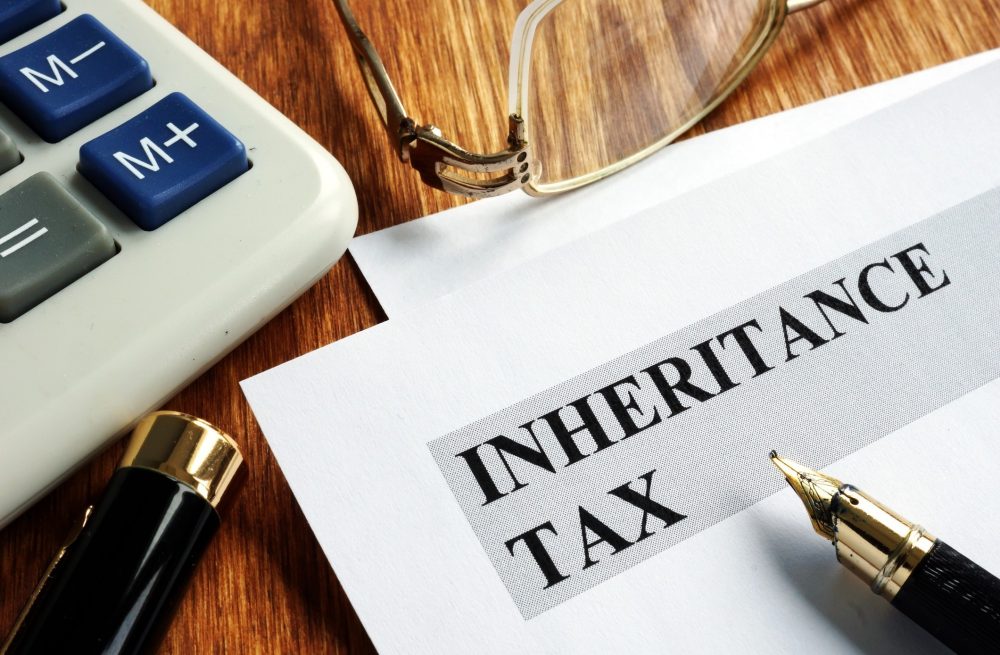This article should make you familiar with the general inheritance tax considerations in New Jersey, Pennsylvania, and Delaware. Tax considerations are a large part of the job of an administrator or executor of a Will. You should consult a certified public accountant with regard to all tax issues. The requirements vary by state, so you should make yourself familiar with the laws of your state in order to be properly prepared.
What is Inheritance Tax?
Inheritance tax is a percentage of money that beneficiaries must pay when receiving money from an estate. Inheritance tax differs from estate tax (federal or state), which is a tax on the estate as a whole without regard to beneficiaries. The amount of tax a beneficiary will end up paying depends both on the state in which you reside and your relationship to the decedent. Generally, the more distant your relationship is, the more you will pay. While there is no federal inheritance tax, many states do levy tax.
Inheritance Tax in New Jersey
In New Jersey, the Division of Taxation has created classes of people who pay different inheritance tax rates. Class A beneficiaries, which includes spouses, children, stepchildren, and grandchildren, do not pay any inheritance tax in New Jersey. Class C beneficiaries, which include siblings, sons and daughters-in-law, will pay between 11-16%. Class D beneficiaries make up anyone else who may be inheriting money. These people must pay 15% on funds under $700,000 and 16% for anything over. There is no tax on amounts under $25,000. The New Jersey Inheritance Tax Return must be filed within eight months of the decedent’s death.
Inheritance Tax in Pennsylvania
Being a Pennsylvania resident, if you inherit property, it is likely that you will have to pay a tax. However, there are a few exemptions. Property that is jointly owned, or property being inherited by a spouse or a child under the age of 21 is exempt from the Pennsylvania inheritance tax. Similarly, Pennsylvania began exempting farmland from the tax in 2012. Additionally, charitable organizations or government entities will not have to pay an inheritance tax. If you are not part of any of the aforementioned groups, you will need to pay a tax on any funds you inherit. This amount depends on your relationship to the decedent. For this reason, most close family members will be taxed 4.5%, while siblings are taxed 12%, and all distant family members and other inheritors will pay 15%. If the tax is paid within three months of the decedent’s death, there is the opportunity for a 5% discount.
Delaware’s Inheritance Tax
Good news! If the decedent died in Delaware, there is no inheritance tax. There is, however, an estate tax. An estate tax is paid by the estate itself, rather than the beneficiary. There are several exemptions for estate tax as well.
About Ward, Shindle & Hall
Ward, Shindle & Hall is a South Jersey law firm in West Deptford, NJ that is dedicated to providing the highest quality legal services to all of its clients. If you are a current client, we look forward to continuing our relationship into the future. If you have any further questions about inheritance taxes, please contact Ward, Shindle, and Hall.

